
Seventy stories and still counting. This is the main result of an ongoing struggle waged since 2017 for the disclosure of all pension and retirement payments from the Brazilian government. On the front line is Fiquem Sabendo, a journalism agency specializing in the country’s Freedom of Information Act.
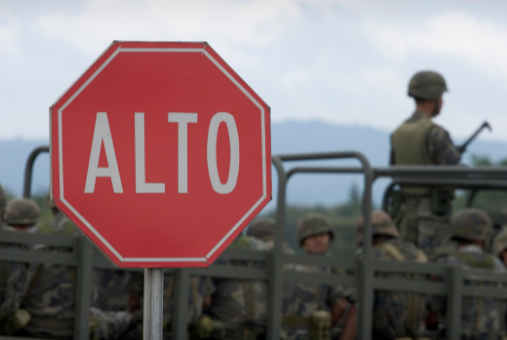
To cover the so-called "War on Drugs," Mexican journalists are using the public information law to uncover the dark worlds of drug trafficking and the State’s fight against it.
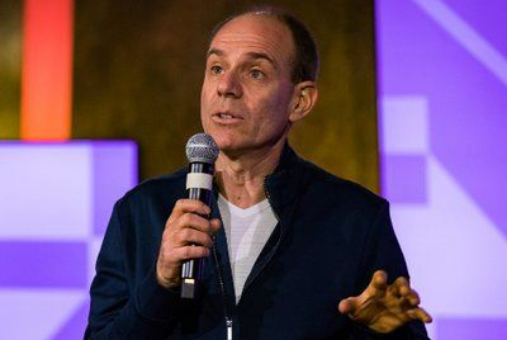
Pablo J. Boczkowski has dedicated himself in recent years to understanding what it means, for the individual and for societies, to live in a period of "qualitative leap in the amount of information.” Read LJR's interview with Boczkowski.
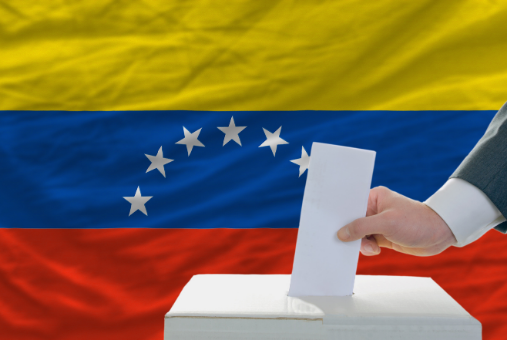
The alliance, called Venezuela Verifica, brings together fact-checkers from seven organizations, under the coordination of the Venezuelan Press and Society Institute (IPYS Venezuela)
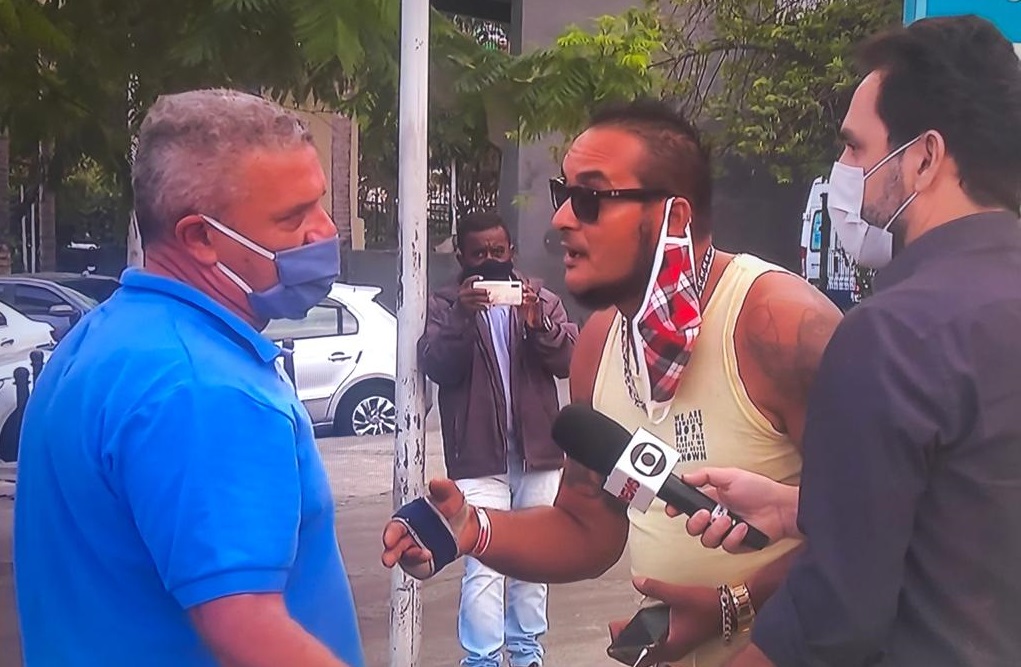
Officials of the city of Rio organize to block journalists from carrying out their work in front of health units. Organizations denounce the systematic efforts against press freedom.

An independent report found that news shows offered on U.S. government-funded Radio Televisión Martí, which produces news for and about Cuba, were “peppered with bad journalism” as well as being “ineffective propaganda.”
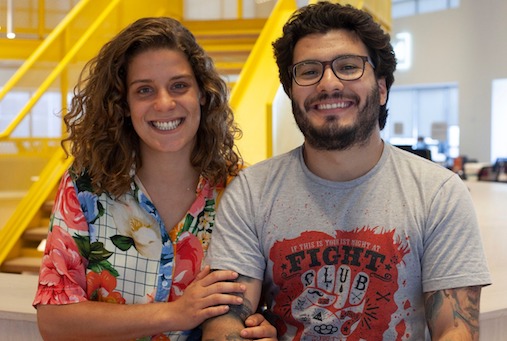
Between June 2017 and May 2018, more than 73,000 documents were kept under secrecy by the Brazilian government, but there is little transparency regarding the reasons for doing so, according to the site Fiquem Sabendo.

The report analyzes trends in the region and how they affect freedom of expression, pluralism and media independence, as well as the safety of journalists.
Venezuela’s largest independent newspaper will stop circulating in print after Dec. 14 and will turn its attention to its website.
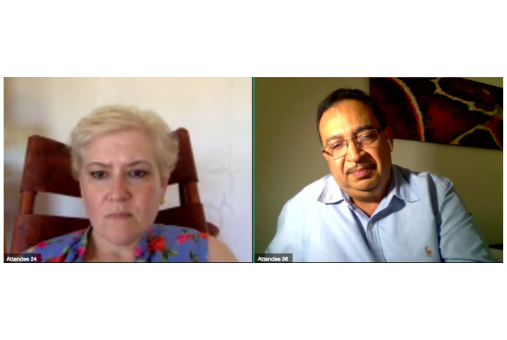
Independent media in Nicaragua need technical resources, an international forum and greater visibility in the international press to guarantee the continuity of their work and to attract the attention of the world to the critical situation that journalists are experiencing in the country.